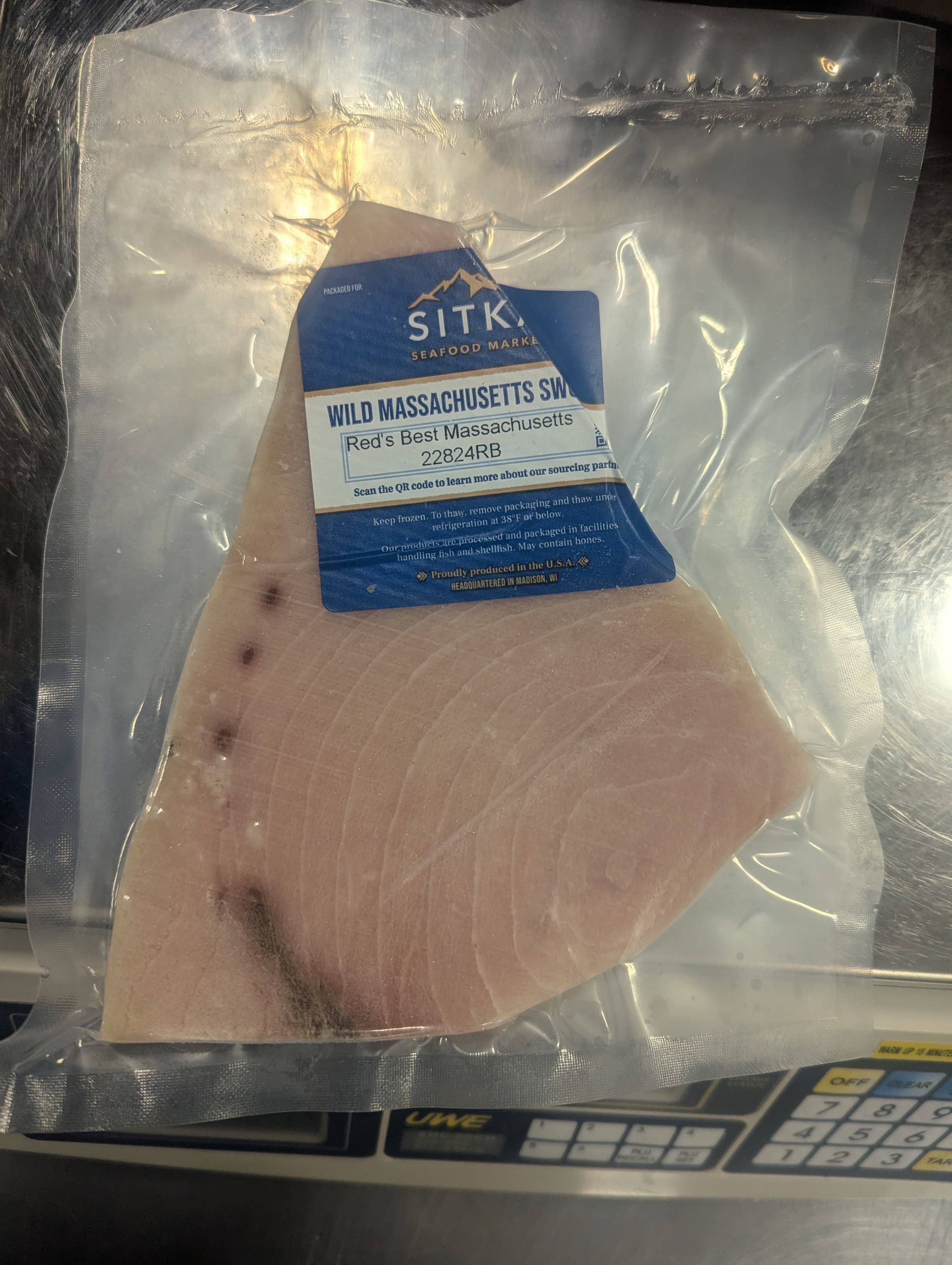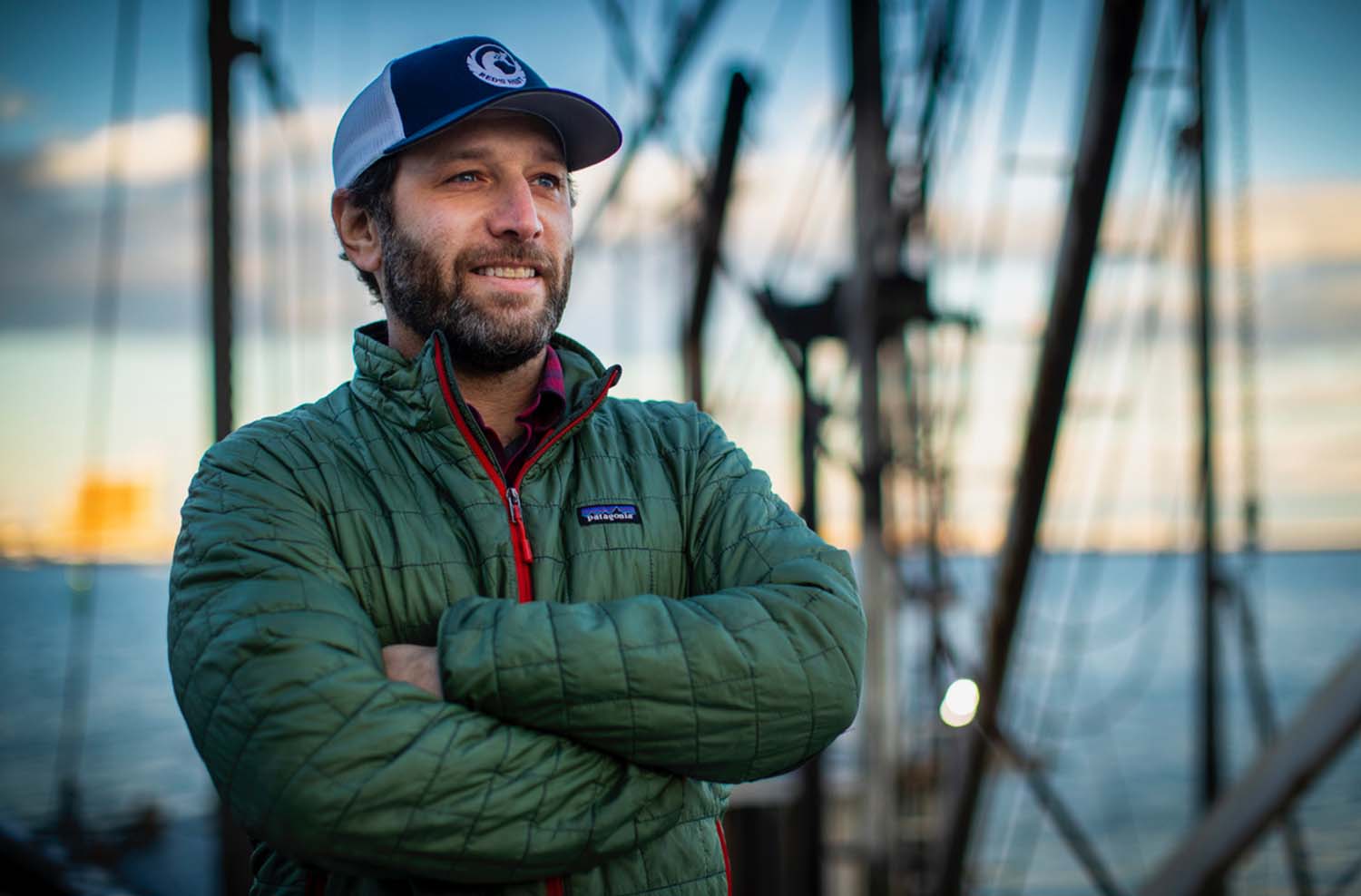East Coast meets West Coast
On our journey to find the best wild seafood, we traveled across the country to explore some of New England’s legendary fisheries. While searching for partners — much like in Alaska — we found that larger players mainly move wholesale fish over their docks, with few value-added operations from which we could source. That was until we met Jared Auerbach, founder and CEO of Red’s Best in Boston, MA.
Jared began his career in seafood near Sitka, in Petersburg, Alaska. After finishing college — while his friends were getting “real jobs” — he was fascinated by commercial fishing. Inspired by reading Into the Wild, he developed a strong desire to experience Alaska firsthand. Through a connection — a friend of a friend who knew a guy — he received an offer to work on a boat heading to Southeast Alaska. He fell in love with fishing and became curious about where all the beautiful fish he caught were going.
Soon after, Jared returned to the Boston area and started selling smoked king salmon, which was selling at a low dock price at the time. Sourcing for his supply chain was challenging, but it helped him connect with chefs. He began buying fish directly off the docks and bringing it to restaurants, building relationships along the way.
After hustling fish to chefs in Boston, Jared quickly realized he needed a more direct line to the source — he had to buy straight from the fishermen. In the early 2000s, the seafood industry favored big processors purchasing large volumes of fish, leaving little room — or support — for small boats with their diverse, high-quality catch. Seeing an opportunity, Jared launched Red’s Best. His first venture? A tender boat that cruised around Martha’s Vineyard, buying fresh fish from small-boat fishermen throughout the day. He’d then load the iced-down catch into a truck and head off to find buyers. The business grew from there — expanding to better serve the fleet and unlock access to the finest fish coming off the docks of Cape Cod.
From the start, Jared saw an opportunity: buying small lots of fish that big wholesalers overlooked. He believes the smartest way into the seafood industry is through the underappreciated species. “Everyone wants to sell bluefin tuna and scallops,” he says, “but those are pricey and come with tight margins.” Instead, Jared began with buckets of hand-harvested clams and day-boat bluefish.
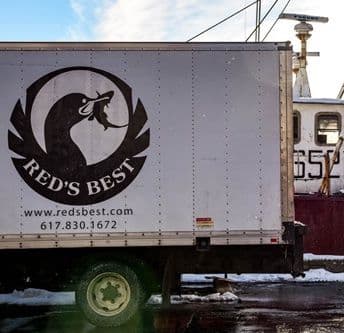
Red’s Best carved out a unique place in the market, but it wasn’t without challenges. Managing numerous small lots, tracking them all, and finding buyers was daunting. Fortunately, Jared built a software platform that streamlined the process. It provided transparency for fishermen about how much they were paid and tracked the movement of small lots across New England. Red’s Best innovated with traceability and agility, filling a vital market niche. Chefs and customers appreciated the transparency linking fish to specific boats, and Jared continued to grow his business in an industry that can be difficult to penetrate.
Jared’s vision is to provide more people access to quality seafood — whether for a Sunday dinner to impress friends or a casual Tuesday night at home. He believes everyone deserves good fish, and his proximity to docks and customers supports that goal. Interestingly, he shared that despite running a fresh seafood facility, 95% of the fish he eats is frozen.
“There’s no way to deliver the highest quality fresh seafood to everyone in the country,” he says. “I eat frozen fish year-round and love the convenience and quality it offers.”
Today, Jared’s operations include a retail shop at Boston Market and a dockside facility that fillets and freezes fish, like the swordfish that may be in some of your June boxes.
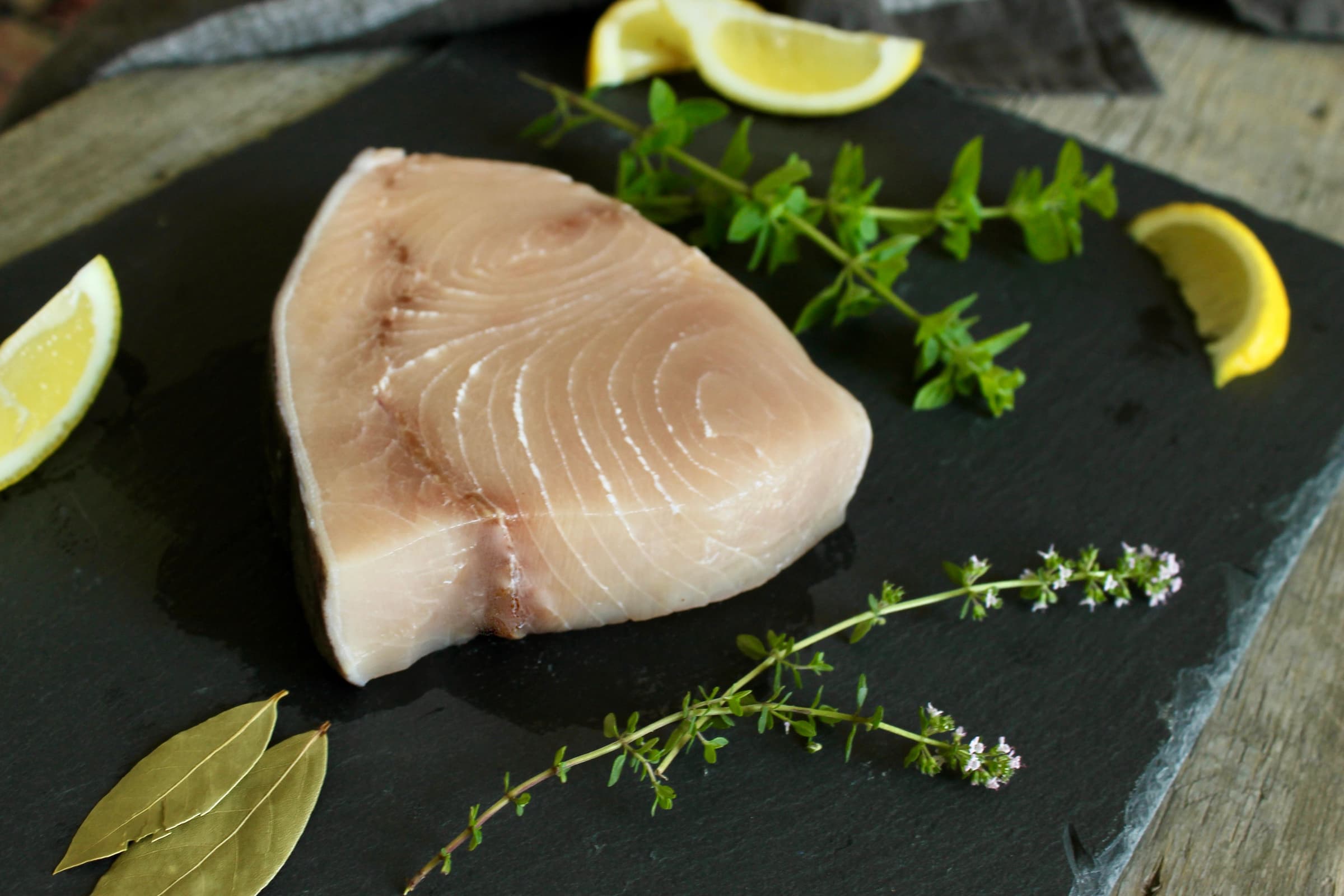
North Atlantic swordfish, once considered unsustainable due to overharvesting by U.S. and international fleets, is now a success story. As a pelagic species that migrates across the open ocean — moving up into Cape Cod and the Gulf of Maine in summer and traveling thousands of miles south in winter — management has been challenging. After years of overharvest, international and U.S. fisheries adopted measures to reduce fishing and rebuild the population. These efforts, along with initiatives to minimize impact on other marine life, have earned North Atlantic swordfish a “Best Choice” rating from Seafood Watch. We’re proud to share these swordfish steaks with you, made possible thanks to partners like Red’s Best. If you’re in Boston, be sure to visit their retail shop and sample some of the best fish on the East Coast.
